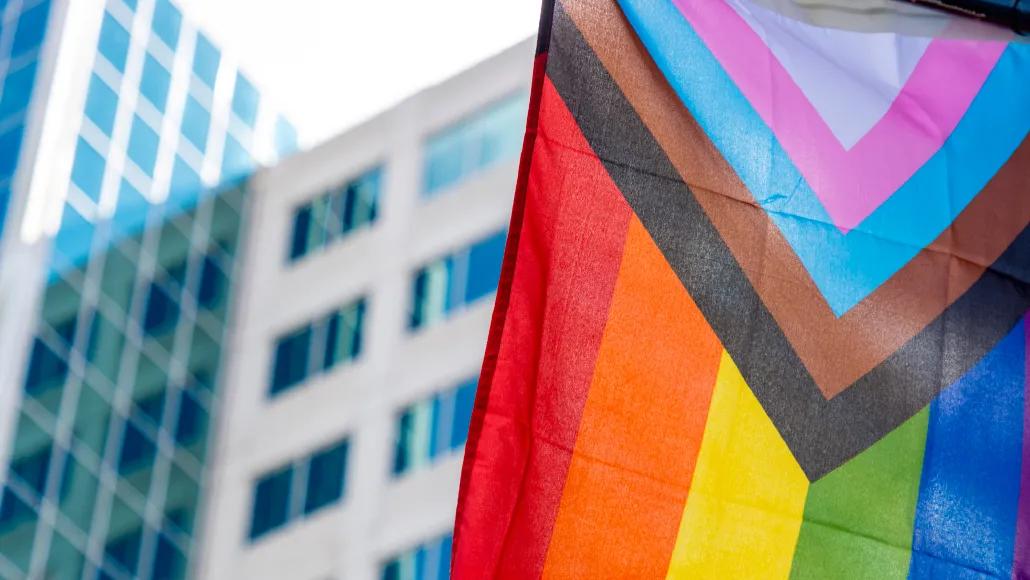TD Magazine Article
Become an Ally, Not a Bandwagoner
LGBTQ+ workers want a genuinely inclusive and supportive workplace.
Sun Sep 01 2024

Bookmark
The US's LGBTQ+ workforce comprised approximately 15 million people in 2023, according to the US Census Bureau, equating to about 9 percent of the labor force. However, members of that community perceive a lack of support from their employers. In fact, a 2024 Randstad USA survey of LGBTQ+ employees in the US shows that, despite progress, 49 percent of respondents prefer to work remotely to avoid noninclusive environments, while 41 percent have avoided applying to jobs altogether due to fear of discrimination.
"The journey towards genuine inclusivity is ongoing," Floss Aggrey, Randstad North America's chief diversity and inclusion officer, says in a press release. "It's heartening to see the positive strides made so far, but this report clearly outlines the roadmap for how much further we have to go."
In an article on its study, "Navigating Workplace Identity and Inclusion: A Glimpse Into the LGBTQIA+ Experience," Randstad notes that the positive strides include half of LGBTQ+ workers being able to be open about their identity at work, and almost two-thirds of those workers said they feel support from their colleagues.
In terms of improvement, approximately half of LGBTQ+ employees have encountered discrimination at work due to their sexuality or gender identity, while nearly the same amount believe their identity has negatively influenced their pay or career progression. Individuals who are unable to express their authentic selves at work said that environment has decreased their motivation and productivity.
Employers must step carefully when offering support and ensure they offer it year round. One in two respondents expressed skepticism about their companies' participation in Pride Month, which takes place every June, saying that current efforts seem inauthentic.
Respondents said they not only want real support; they encourage it. The majority of LGBTQ+ individuals see their employers' role in advocacy and policymaking as crucial to advancing workplace inclusivity. In addition, two-thirds said organizations should publicly take a stand on LGBTQ+ issues.


